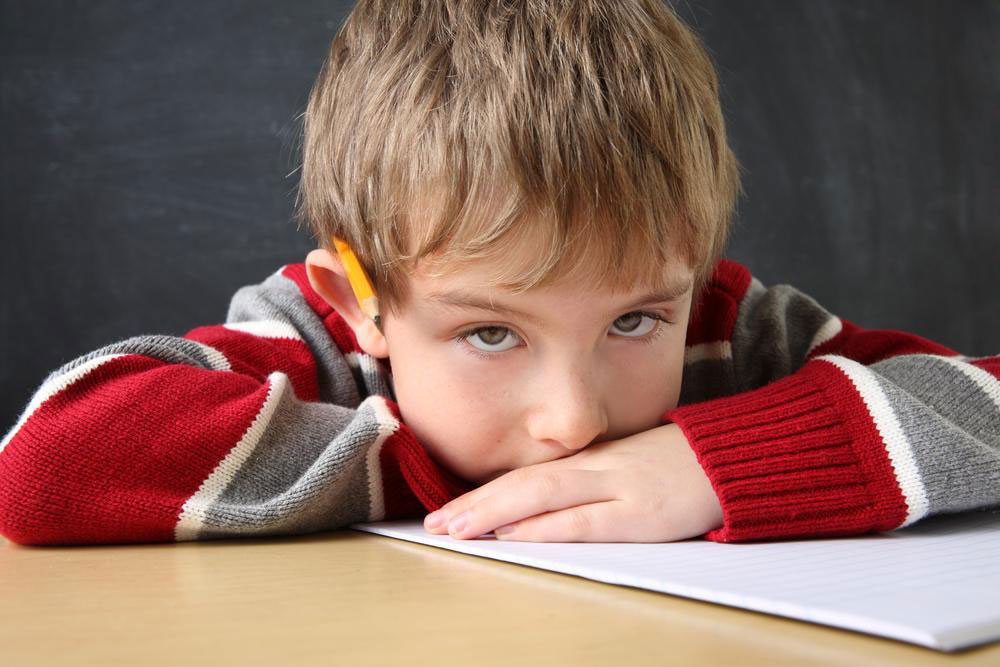Here’s What You Need To Know About ADHD In Children
A chronic, mental condition that affects children, ADHD (attention-deficit/hyperactivity disorder) impacts one’s self-control, concentration, and social skills. These symptoms can grow through one’s teenage years and adulthood. As compared to adults, this condition is easier to diagnose in children. Primarily, because adults might have subtle or specific symptoms which often might be misunderstood as inefficiency, insincerity, tardiness or anger issues. The ADHD symptoms in children are categorized into three categories, i.e.

ADHD symptoms
- Inattention: Children with ADHD are often poor listeners, easily distracted, don’t follow instructions, face problems with organization, punctuality, and simple tasks. Moreover, they can also tend to daydream, lose things and can be forgetful.
- Hyperactivity: Hyperactivity is a group of ADHD symptoms which comprises trouble staying in one place quietly, talking excessively or continuous movement.
- Impulsivity: A child with impulsivity symptoms typically faces difficulty waiting for his or her turn, because of which they might interrupt others by blurting out answers in social settings.
Causes of ADHD
The experts aren’t sure what exactly triggers the ADHD symptoms, however, the following possibilities might be responsible for it:
- Genetic factors: ADHD might be a hereditary disorder in some families.
- Challenges during pregnancy: Any complications like health problems, lack of essential nutrition, drinking, smoking or substance abuse by the mother can impact the development of baby’s brain, leading to the onset of ADHD.
- Exposure to toxins: If a child is exposed to harmful chemicals like lead, then it might affect their brain’s functions.
- Brain disorder or injury: Damage to the frontal lobe of the brain due any disease or injury can arise issues which can cause emotional outbreaks or impulsivity.
- Chemical imbalance: A child’s chemical makeup of the brain might be abnormal which can cause ADHD.
Treatment of ADHD
ADHD symptoms can’t be cured, however, they can be treated and managed with well with medications and therapy. Doctors might prescribe a combination of antidepressants, stimulants or non-stimulants to control the ADHD symptoms. Likewise, therapy also plays a vital role in managing ADHD. Counseling for both, parents and children, special education, social skills training and behavior modification are some techniques that can be used to cope with ADHD. Moreover, parents and children can be a part of support groups for maintaining their emotional well-being.


